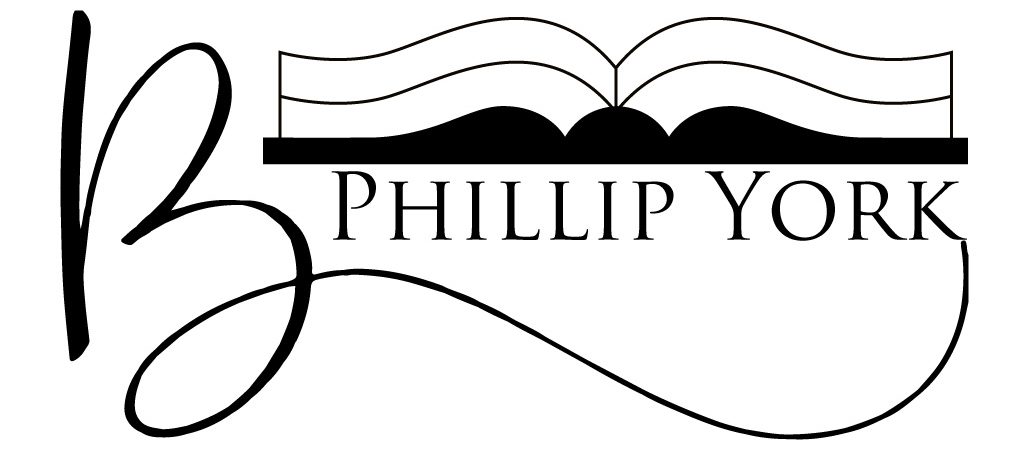One of the most frequent settings of fantasy novels, even secondary world fantasies, is some sort of take on Medieval, or Dark Ages, or Renaissance Europe. Usually Western Europe.
Sometimes it’s actually analog Italy or analog Spain, but usually, it’s a mishmash analog of France and the British Isles. Authors frequently borrow concepts and institutions that are not even remotely contemporaneous. Coaching inns were a real thing, where travelers could stop and get food, maybe some light entertainment and a place to sleep. In part, because of Dungeons and Dragons I think, these inns are nearly ubiquitous throughout fantasy novels. They make useful locales to meet strangers and other travelers, hear portentous news, have confrontations, get clues to the plot via storytellers or bards singing songs, and variously interact with society. They’re so ubiquitous that you would think that they existed throughout most of medieval history. But of course, they didn’t they came into existence at a specific time and place and they were a reaction to other institutions and market forces that existed.
If you’re trying to write a sort of gritty secondary world and you want to include such inns by default you should ask yourself whether they really would exist, whether the society is orderly enough, is there enough travel to justify such inns, and how they would really function in your society, and did you perform enough research to ensure you can use them authentically, with perhaps some adaptation, for example, do you know what a bootjack was?
There is one glaring omission that I frequently find or hear about in fantasy works. One institution that bestrode issues of literacy, science, nobility, diplomacy, daily life, diet, and faith and yet somehow is missing from so many secondary world fantasies. Somehow pseudo-medieval European societies seem to arise without the institution that was essentially the center and bedrock of society, and I find myself asking:
Where is the church?
The medieval Christian church was an incredibly powerful entity, and in many times and places, it was illegal not to be a member. The conflict between church and state was common. The investiture crisis was a turning point for the holy roman empire, and any fan of Dumas is surely familiar with cardinal Richelieu and his dual role as both churchman and statesman. The Thirty Years War (arguably in fact the first world war) turned on a question of faith. England fought a series of brutal civil wars over the question of which church would be preeminent, and some would argue this environment helped foster America ultimately because of the intolerant attitude that drove out members of certain sects, seeking freedom to practice in the New World.
The church was a storehouse of knowledge, and at times contained virtually every educated person and virtually every literate person. Devotions and prayers were said daily. Feast days were marked off, and fast days were observed. A desire for beaver, since they were fish and allowed to be eaten on fast days, in part lead to their near extinction from Europe. The church frequently contained the only trained healers or doctors available, as well as being a repository of many kinds of practical knowledge such as buildings techniques.
Yet somehow many authors choose to simply omit the church or include a sort of panty-waist faith that has little to no impact on the daily lives of congregants or kings. There’s nothing wrong with altering the landscape, but, for example, if you remove all the grass from your yard then the soil will wash away or you’ll get a ton of weeds. You can’t simply remove the grass and expect nothing to happen.
If you don’t want to deal with writing about faith and religion, either because the topic is uninteresting or isn’t germane to your themes, then consider a brief analysis of what the medieval church did and replacing it with a number of smaller institutions, probably in conflict with each other for various reasons and thus unable to gain power.
But if you simply omit the entire idea of having a church, then your readers at some point are liable to realize that some piece is missing.

